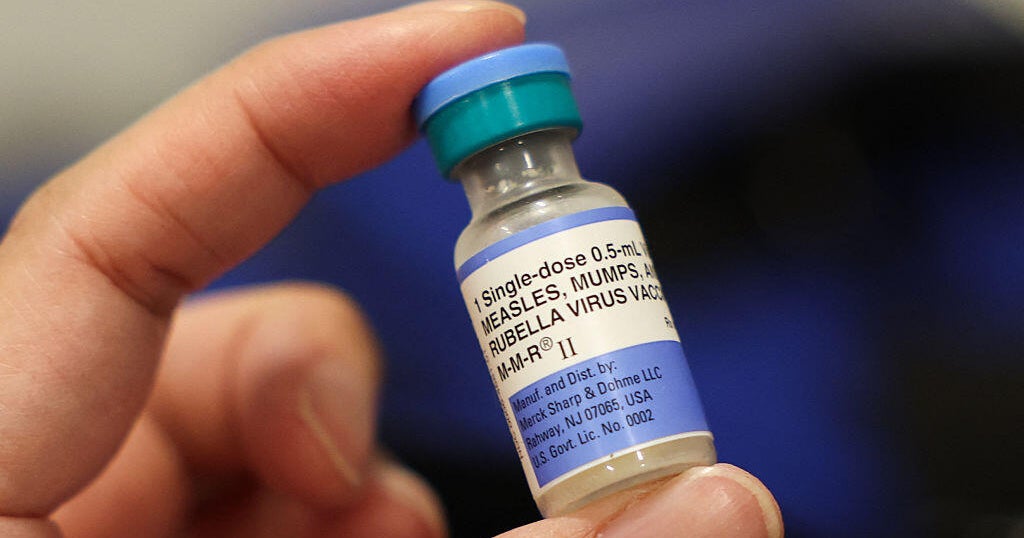What to know about pain relief for IUD insertion, after CDC updates recommendations
The Centers for Disease Control and Prevention has issued updated recommendations for doctors offering birth control to their patients, including a new plea for doctors to give women more options of getting relief from the often painful insertion of intrauterine devices, or IUDs.
Doctors should tell their patients that the local anesthetic lidocaine could be useful for reducing the pain of the procedure, the CDC now says.
Evidence suggests lidocaine can reduce patient pain given either as injections, what doctors call a "paracervical block," or applied to the area as a gel, cream or spray.
"A person-centered plan for IUD placement and pain management should be made based on patient preference. Barriers to IUD use include patient concerns about anticipated pain with placement and provider concerns about ease of placement," the CDC recommendations say.
These new recommendations come in the wake of a social media outcry over the doctors not warning patient about the difficulty of the IUD procedure or the available options to address the pain, sometimes paired with inaccurate scientific claims.
On "CBS Mornings" Wednesday, Dr. Céline Gounder, CBS News medical contributor and editor-at-large for public health at KFF Health News, shared her personal experience with multiple IUDs.
"I was not offered pain control, and it is a very painful procedure," she said, but added IUDs are "by far the best reversible birth control we have, better than the pill."
"You actually get a lower exposure to hormones with the IUD than you do with the pill. You have a hormonal IUD, you have a copper IUD. These are more than 99% effective in preventing pregnancy," she said.
A study looking at records from the Veterans Affairs health care system found less than 12% of IUD procedures had any kind of pain medication prescribed.
A recent CDC survey of physicians published in 2023 also found the majority of doctors routinely offered few pain relief options to their patients, except suggesting aspirin or ibuprofen before or during IUD placement.
At least a dozen trials have tested whether these kinds of over-the-counter painkillers work, the agency's experts said, which largely found "no positive effect on patient pain or patient satisfaction with the procedure."
Does insurance cover pain relief for IUD insertion?
Under federal guidelines, virtually all private health insurance plans are required to fully cover the "full range of contraceptives and contraceptive care" for their members.
Asked whether that includes pain relief, like the options suggested by the CDC's new recommendations, a spokesperson for the Centers for Medicare and Medicaid Services pointed to previous guidance issued by the federal government saying that their requirement extends to other related things that are needed for contraception.
That guidance had "previously clarified that plans and issuers are required to cover, without cost sharing, items and services that are integral to the furnishing of the recommended preventive service, regardless of whether the item or service is billed separately," the CMS spokesperson said in a statement.
This means that private health plans cannot impose cost-sharing requirements, like a copayment or deductible, on patients for these services.
The spokesperson said their guidance had explicitly mentioned anesthesia before tubal ligation — surgery for permanently "tying the tubes" as birth control — or pregnancy tests before an IUD as examples of additional services that must be covered.
"Contraceptive care also includes follow-up care — e.g., management, evaluation and changes, including the removal, continuation and discontinuation of contraceptive," the spokesperson said.
What about misoprostol for IUD insertion?
While the CDC's review ahead of the updated recommendations found several drugs have little evidence of helping patients, the agency goes a step further only for misoprostol, specifically recommending against routine use of the medication.
The agency had already said that misoprostol "is not recommended for routine use before IUD insertion" in its last round of recommendations in 2016, citing evidence from 10 randomized controlled trials that looked at misoprostol.
Since then, the CDC says it looked at evidence spanning four more randomized studies, which now suggest that the drug across different doses might actually "increase patient pain" alongside other side effects, like cramping and diarrhea.
An exception is for women with a recent failed IUD procedure, where the agency concluded that the drug might improve the odds of success.
Many doctors have been prescribing misoprostol despite the CDC's yearslong recommendations against it, the agency's research suggests.
For physicians specifically trained in routine IUD placement, the 2023 survey found 15.7% still routinely used misoprostol in women who have not given birth before. Among the rest of doctors, around 80% reported routinely using misoprostol.
"Given these findings, further dissemination of U.S. SPR recommendations could be useful in educating providers about misoprostol use before IUD placement," the survey's authors said.



